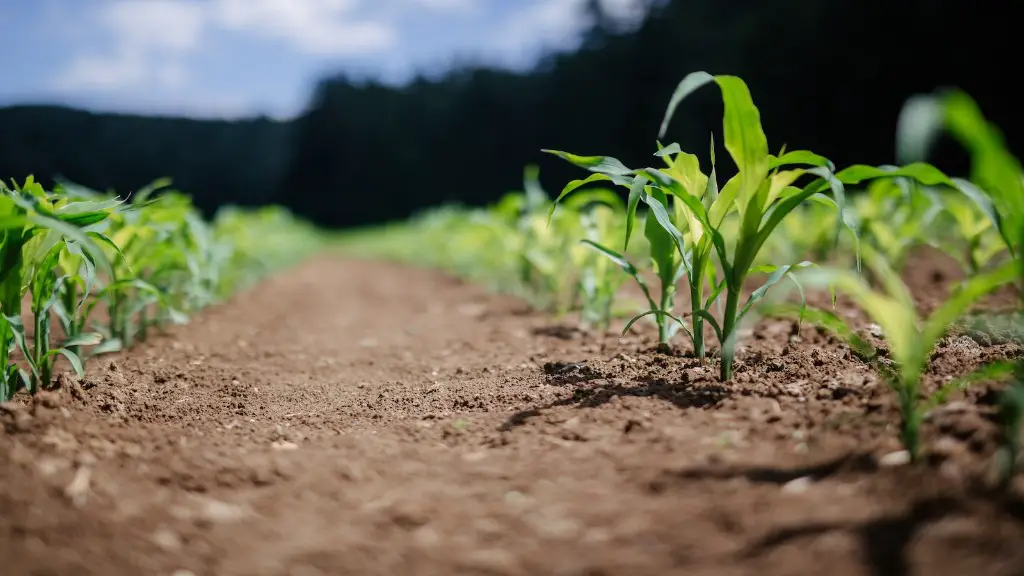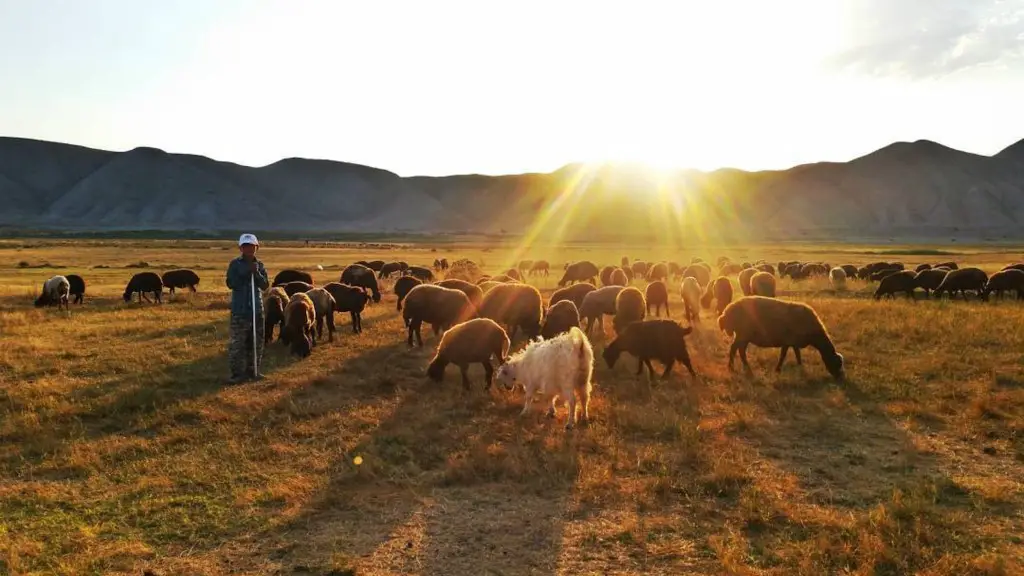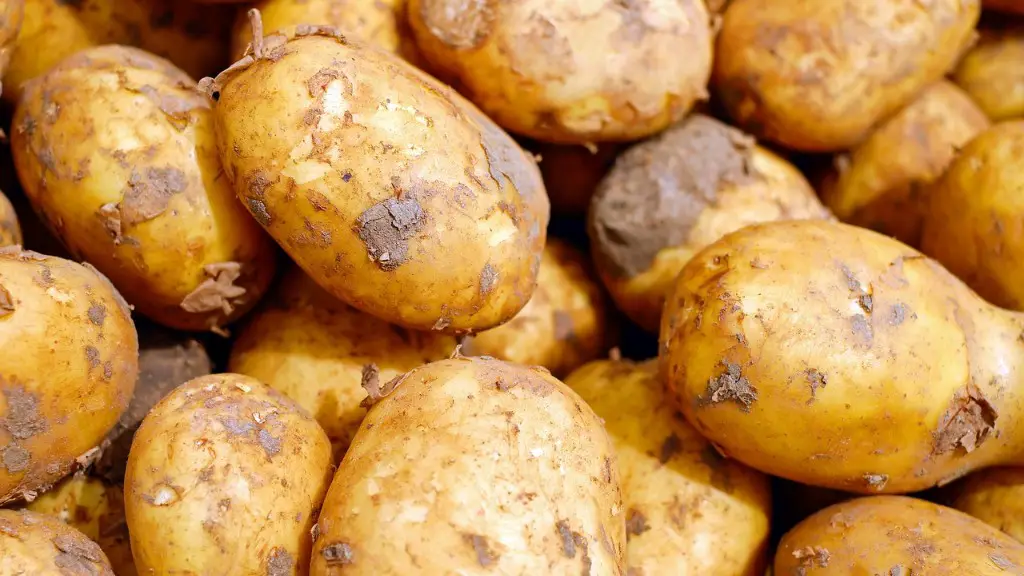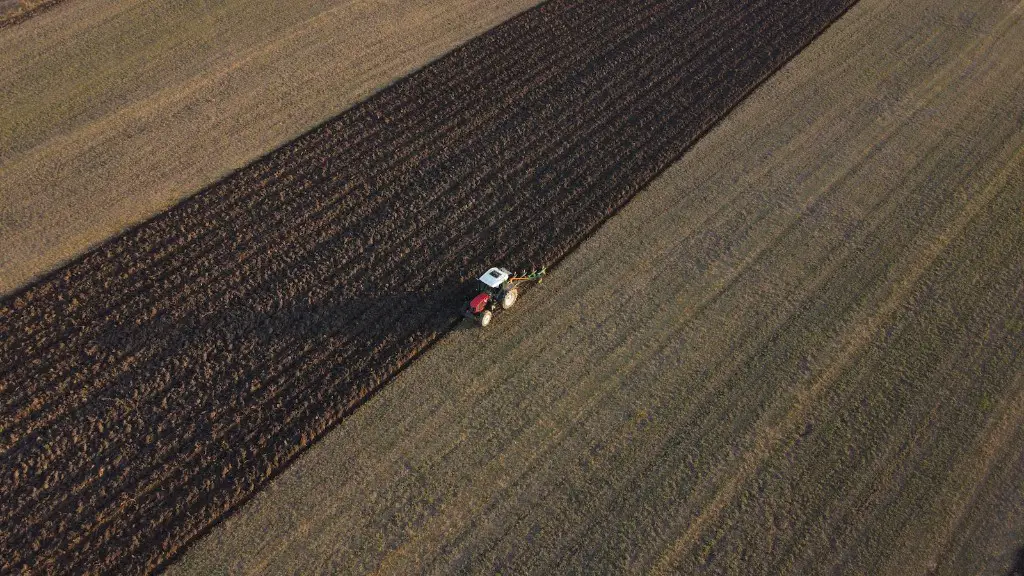Is Agriculture a Professional Course? The answer is yes and no. There are many different types of agriculture and how it is defined varies depending on the individual. For some, agriculture is simply a way of life or hobby. For others, it is an important career or profession. Agriculture can be a profitable and rewarding career, or it can be a difficult job. It all depends on the goals and plans of the individual who chooses to pursue it.
Agriculture is often the foundation of a region’s economic growth. It can be a form of trade, it can sustain a community, or it can be a way of feeding and supporting a nation. Therefore, it should be taken seriously and as a professional course. The benefits of taking agriculture as a career can be seen in areas such as industry, business, education, and research.
Agricultural professionals are responsible for providing food for the population. This is done by developing and maintaining land for farming, by developing effective agricultural and agronomic practices, and by encouraging environmental protection. As well, agricultural professionals are responsible for monitoring and managing the quality, quantity, and cost of food produced. Because agricultural experts must stay abreast of the latest research, they must maintain detailed knowledge of the industry and its changes.
Agricultural professionals also have responsibilities in terms of business, such as marketing agricultural products, or helping farmers manage financial and business decisions. They are also responsible for recording and tracking production, Harvest and sales data, budgeting and finances, creating long-term plans, and addressing the needs of farmers. In addition, agricultural professionals may be tasked with developing ways of improving productivity, learning new methods of tending plants and animals, and helping farmers to become more efficient and profitable.
Agricultural professionals may also provide educational services for farmers and agricultural students, in order to teach them about basic farming and agronomic practices. Such educational services may also include providing advice and resources on soil analysis, crop rotation, water management, and integrated pest management. Agricultural professionals may also help in teaching farmers about animal health, food safety regulations, and the use of new agricultural technologies.
In summary, agriculture is both a way of life and a professional career. It involves many different tasks and responsibilities and can be seen in different aspects in terms of industry, business, research, and education. Therefore, it should be taken seriously and as a professional course.
Agriculture and the Environment
Agriculture has a major role to play in creating a sustainable and healthy environment. Many agricultural practices, such as crop rotation, integrated pest management, and water management, help to maintain soil fertility, protect water sources from pollution, and promote biodiversity. In addition, farmers can make use of renewable energy sources, such as solar and wind power, to help reduce their reliance on fossil fuels and reduce the number of emissions that arise from the burning of fossil fuels.
Agricultural professionals must also be aware of the impacts of their farm on the environment. They must be familiar with the local ecology and their local ecosystems, and they should be able to come up with strategies to minimize the pollution and negative effects their farm may have on the environment. Such strategies may include reducing fertilizer and pesticide use, using other forms of biotechnology, adopting modern irrigation and drainage systems, and investing in renewable energy technologies.
Agricultural professionals also must be aware of the changing climate and its impact on their land. With the increase in global temperatures, farmers must be prepared for potential changes in the weather and soil conditions. They should be familiar with the basic concepts in farming and agronomy, in order to ensure that their farms will remain productive, even in the face of climate change.
Agricultural professionals also need to be aware of potential risks, such as disease and pests, that can affect crops and livestock. They should be familiar with the different types of diseases, such as fungus and bacteria, and pests, such as weeds and mites, and be able to implement strategies that can prevent crop and livestock damage. In addition, they should be aware of the effects of climate change on their land and plan accordingly.
In summary, agricultural professionals should take into account the various aspects of the environment and their farming practices when it comes to creating a sustainable and healthy environment. They must be familiar with the local ecology and their local ecosystems, and they must be able to come up with strategies that can protect the environment and maximize their farm’s productivity.
The Benefits of Agriculture as a Profession
Agriculture can be an incredibly rewarding profession. It provides a variety of lucrative career opportunities, in addition to the satisfaction of providing food and sustenance for the population. For those with the necessary knowledge and experience, agricultural professionals can earn good wages and have the potential to create careers that can last for many years.
The jobs associated with agriculture are quite varied. In addition to traditional farm work and agricultural production, agricultural professionals can also work with environmental organizations and agencies, serve as agronomists, specialize in fisheries and forestry management, or specialize in teaching agricultural practices. Agriculture also offers an opportunity for entrepreneurialism, as farmers can utilize their resources to create a business around a particular specialty.
Agricultural professionals also have the potential to make a difference in the world. Through their work, they can help to protect and maintain the environment, provide healthy food to populations in need, and contribute to the economic development of their region. By contributing to the sustainability of the environment and economy, agricultural specialists also benefit their own communities.
Agricultural professionals also have the chance to experience other cultures and customs. By visiting other countries to observe and study their agricultural practices, they can learn more about how various farming and production processes impact food availability and the economy of an area.
Last but not least, agricultural professionals are able to give back to their communities. By providing meaningful education and resources to farmers, they can help them to become more productive and profitable, in addition to increasing their knowledge of the agricultural industry and its practices.
The Educational Requirements for Agriculture
In order to become an agricultural professional, one must first have a good knowledge and understanding of the agricultural industry. This includes areas such as food production, environmental conservation, agricultural economics and technology, as well as agronomy and biological sciences. Many universities and colleges offer a range of courses in the agricultural sciences and related fields. Students who choose to pursue a career in the agricultural sciences must have a strong interest in the agricultural industry and a willingness to learn.
Agricultural professionals must be knowledgeable in the principles of biology, chemistry, physics, and mathematics, as well as the various technicalities of the food production process. They must also have a thorough understanding of economics and business principles, as well as the methods of marketing and selling agricultural products. A degree in agriculture is typically preferred, although some employers may accept a combination of higher education and work experience.
In addition to their knowledge of the agricultural industry, agricultural professionals must also be well-versed in the laws and regulations governing agricultural practices, as well as have a strong command of business, management, and marketing principles. They must also be able to communicate effectively and understand how to interpret data and develop strategies.
Agricultural professionals must also have the right attitude and motivation. They must be able to work long, sometimes irregular hours, and they must be able to travel on occasion. They must also have a willingness to work outdoors and in potentially hazardous conditions, such as cold weather and extreme temperatures. Those who are more gregarious may find success in sales and marketing positions, as well as in other customer-facing roles.
The Challenges of Working in Agriculture
The agricultural industry is evolving rapidly, and there are many challenges for agricultural professionals. From adapting to new technologies and market demands, to keeping up with the latest research and the changing climate, agricultural professionals must continually strive to stay ahead of the curve. They must be able to solve complex problems in order to maintain the sustainability of their farm, and they must be able to juggle numerous tasks and responsibilities while managing the unpredictable and ever-changing conditions in the industry.
Agricultural professionals often have to operate under tight budgets, and they must be able to manage resources efficiently. They must also learn how to market products and services in order to remain competitive and serve the needs of their customers. Additionally, they must be able to work in teams, as well as lead teams and successfully manage people.
In addition, agricultural professionals must be aware of the safety and health regulations in the workplace and must be able to comply with them. They may also be tasked with solving conflicts between farmers and their neighbors or between farmers and regulations. They must also be willing to invest in their own education and stay up to date on the latest research.
Agricultural professionals also have to be willing to work long, sometimes irregular hours. They must be prepared to work outdoors and in difficult weather conditions, and they should be comfortable with dealing with animals. Those in certain positions may also have to travel for their job, in order to observe fields, visit suppliers, or seek business opportunities.
The Future of Agriculture
Agriculture is an exciting and rapidly changing industry. New technologies, business models, and regulations are continually introducing a variety of opportunities, as well as challenges, for agricultural professionals to grapple with. As the demand for sustainable food production increases, agricultural professionals must be prepared to confront new realities and quickly adapt to changing conditions.
The advancement of technology has allowed agricultural professionals to create innovative ways of producing and delivering food. The emergence of new agricultural methods, such as hydroponics, aquaponics, and vertical farms, is increasing the potential for increased crop yields, improved efficiency, and reduced environmental impacts. Additionally, the rise in robotic and precision-agricultural technologies has enabled farmers to focus on specific areas of their business and increase efficiency.
The increasing global population and demand for sustainable food production will also continue to raise the importance of agricultural professionals in the years to come. Agricultural professionals must be able to understand the complexities of the industry and be prepared to make the most of new opportunities and challenges.
As the need for sustainability increases, agricultural professionals must be willing to invest in their own education and skills. They must be able to utilize new technologies and business models in order to provide sustainable solutions and identify potential opportunities. Additionally, they must also be able to remain informed of the latest research and developments in order to stay competitive and serve the needs of customers.





